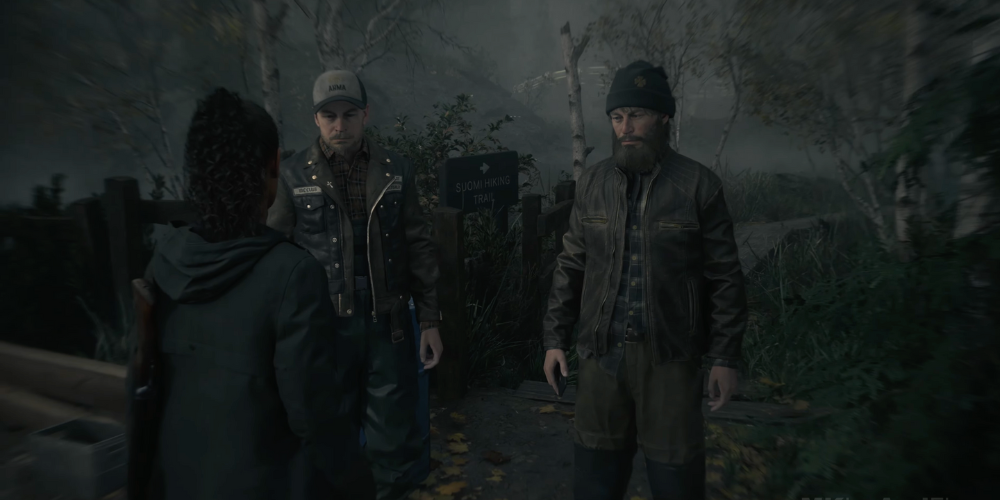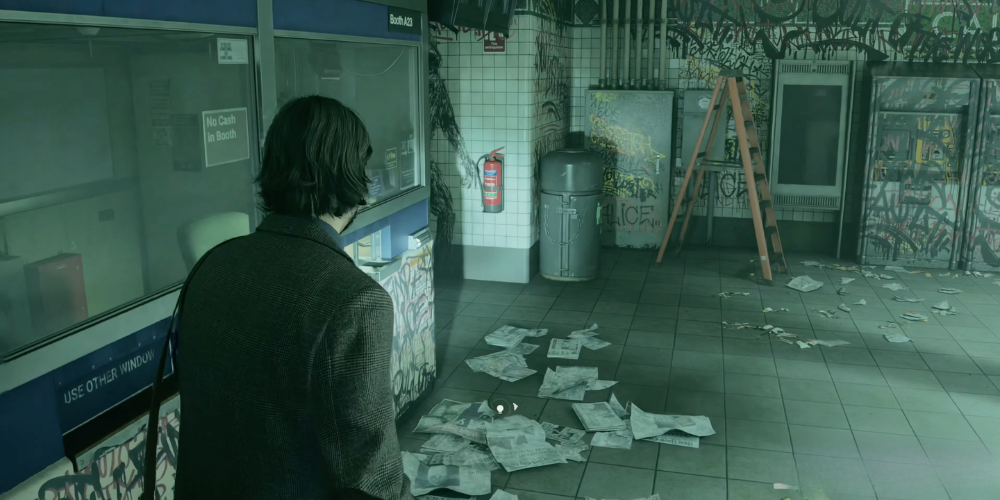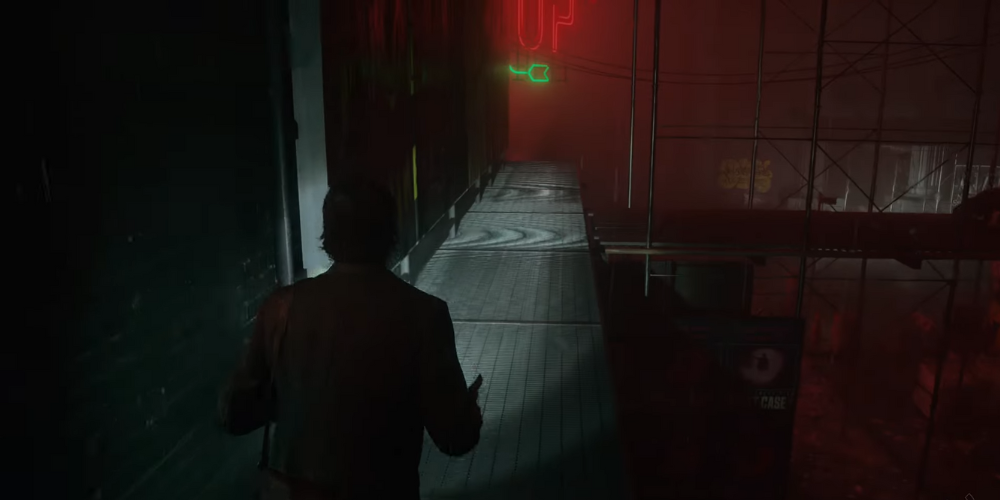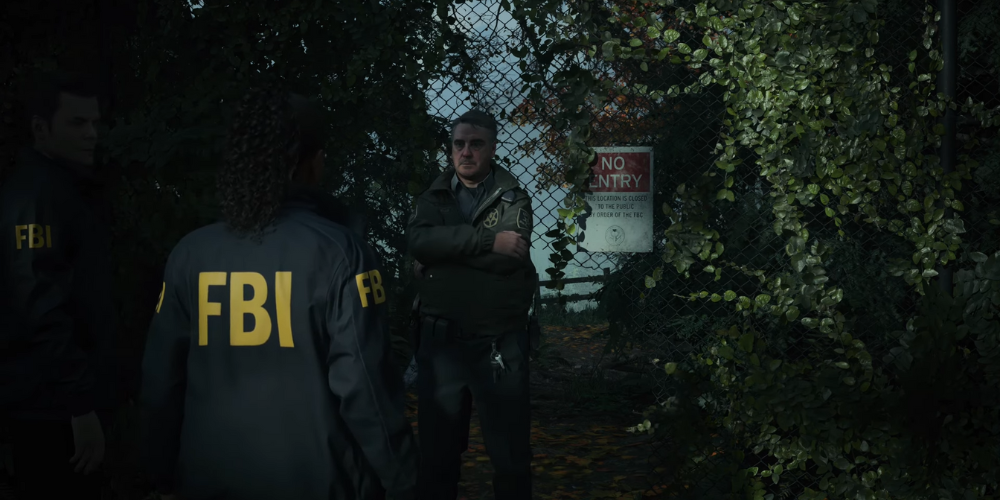Character Deep Dive: Analyzing the Psychological Evolution in Alan Wake 2
29 Apr, 2024

Ever since the debut of the original 'Alan Wake' game, enthusiasts have been enthralled by its distinctive mix of psychological horror elements and story-focused gaming experience. With the announcement of 'Alan Wake 2', expectations are sky-high regarding how the sequel will further explore the tormented psyche of its protagonist. This article delves deep into the psychological evolution of Alan Wake in the upcoming game, providing an in-depth analysis of his character development, his ongoing battle with darkness, and the literary influences that shape his journey.
The Genesis of Alan Wake's Psychological Landscape
When we first meet Alan Wake in the original game, he is presented as a successful yet troubled author struggling with severe writer’s block. His journey to the small town of Bright Falls sets off a series of supernatural events that force him to confront not only physical threats but also his inner demons. The complexities of Wake’s psyche are laid out through his fears, his past traumas, and his relentless pursuit of creativity. As the narrative of the first game unfolds, Alan descends further into a confusing reality where the lines between fiction and reality blur, mirroring his own conflicted mental state.
Struggle with Personal Identity and Creativity

At the core of Alan Wake's psychological evolution is his battle with his identity as a writer. The pressure to surpass his previous successes is a constant burden, fueling his anxiety and self-doubt. This internal conflict is expertly portrayed through his interactions with other characters and his environment. Wake's journey through Bright Falls becomes a metaphorical passage through his subconscious, where he must reconnect with his creative powers and overcome the "Dark Presence," a literal manifestation of his darkest fears and suppressed emotions.
Anticipated Psychological Themes in Alan Wake 2
With 'Alan Wake 2', it is anticipated that the game will not only sharpen its horror elements but also delve deeper into psychological thriller territory. The announcement promises a journey where Wake must face the outcomes of his decisions and the fragments of his mind scattered across a darker world. This progression suggests a potential exploration of themes such as guilt, redemption, and the duality of human nature.
Exploration of Guilt and Redemption
'Alan Wake 2' appears poised to push Wake to confront his guilt over past actions, both real and fictional. The complex layering of storylines offers a ripe landscape for examining how guilt intertwines with his creative process and personal relationships. Redemption could be a significant theme, driving Alan to amend his faults. This journey not only promises growth for Wake’s character but also provides a canvas to explore deeper psychological and existential questions, such as the capacity for change and the moral implications of one's creative outputs.
A Dive into the Duality of Human Nature

In 'Alan Wake 2', the exploration of the duality of human nature is anticipated to be a central theme, especially as it pertains to the protagonist’s ongoing battle against the Dark Presence. This struggle is not merely physical but metaphysical, symbolizing a deeper battle within Alan Wake himself. The game is poised to dissect the dichotomy of good and evil that resides within all humans, using Wake's personal journey as a vivid tableau. His continuous confrontation with the Dark Presence could be depicted more intensively in this sequel, highlighting his internal conflict—each victory and setback against this ominous force provides insights into his evolving ethical and moral compass.
This thematic exploration might serve to unravel questions about the inherent nature of good and evil in humans. Can evil intents be wholly eradicated or only managed? Is the darkness within a permanent fixture, or can it be redeemed by acts of goodness? 'Alan Wake 2' could employ these narrative challenges to mirror societal issues—demonstrating how personal inner turmoil can ripple outwards and influence the broader community. The treatment of these themes might also illustrate how societal structures manipulate perceptions of moral behavior, potentially offering commentary on the societal impact of personal struggles.
Literary Influences Driving Psychological Depth

The narrative fabric of 'Alan Wake' is richly woven with threads from classic and contemporary literary works, especially harnessing the psychological depths found in the writings of Stephen King and H.P. Lovecraft. The influence of Stephen King is predominantly seen in the complex character developments and the blending of the ordinary with the supernatural, pushing characters to their psychological limits. In 'Alan Wake 2', this influence may guide the narrative structure, leading players deeper into the murky waters of Wake’s psyche as he navigates a reality that is continuously fraying at the edges. The game could present a series of trials where Wake must discern reality from illusion, a theme King often explores in his own narratives.
Conversely, the unnerving cosmic horror found in H.P. Lovecraft's works imparts a deep sense of existential unease and trepidation towards the mysterious aspects that were intricately incorporated into the foundational narrative of the original game. In ‘Alan Wake 2’, the Lovecraftian influence could be more pronounced, with the game setting possibly expanding to more surreal and abstract dimensions that challenge not just Wake’s sanity but also his understanding of reality. The psychological complexity in Wake's experiences could be accentuated by encounters with entities or scenarios that defy conventional understanding, forcing him to question his perceptions of self and the cosmos. The interplay of these literary influences aims not just to entertain but to provoke thoughtful engagement with the game’s deeper psychological and existential themes.
Stephen King's Influence on the Narrative Structure

Alan Wake's story structure and thematic execution bear significant resemblances to King's style, specifically in the use of a writer as the protagonist grappling with the supernatural. King’s stories often explore the psyche of his characters, unveiling their deepest fears and vulnerabilities. In ‘Alan Wake 2’, similar narrative techniques could be employed to dissect Wake’s psychological evolution, enriching the character's journey with a labyrinth of challenges that test his sanity and moral compass.
Lovecraftian Horror and Psychological Complexity
The themes of cosmic horror and the insignificance of humanity in the broader universe are central to Lovecraft’s work. These themes resonate deeply with the psychological trials faced by Wake as he confronts forces that are both ancient and powerful. In 'Alan Wake 2', the infusion of Lovecraftian horror could push Wake to confront not only external horrors but also his existential dread, driving him to question the very fabric of his reality and sanity.
Final Thoughts
The announcement of 'Alan Wake 2' sows the seeds of excitement for fans eager to traverse deeper into the twisted psyche of Alan Wake. The anticipated psychological themes and literary influences suggest a sequel that is not only thrilling but intellectually stimulating. As developers at Remedy Entertainment peel back layers of Wake’s mind, fans can expect a profound exploration of a man wrestling with his darkness, inside and out, making ‘Alan Wake 2’ a promising continuation of a beloved psychological thriller saga.







